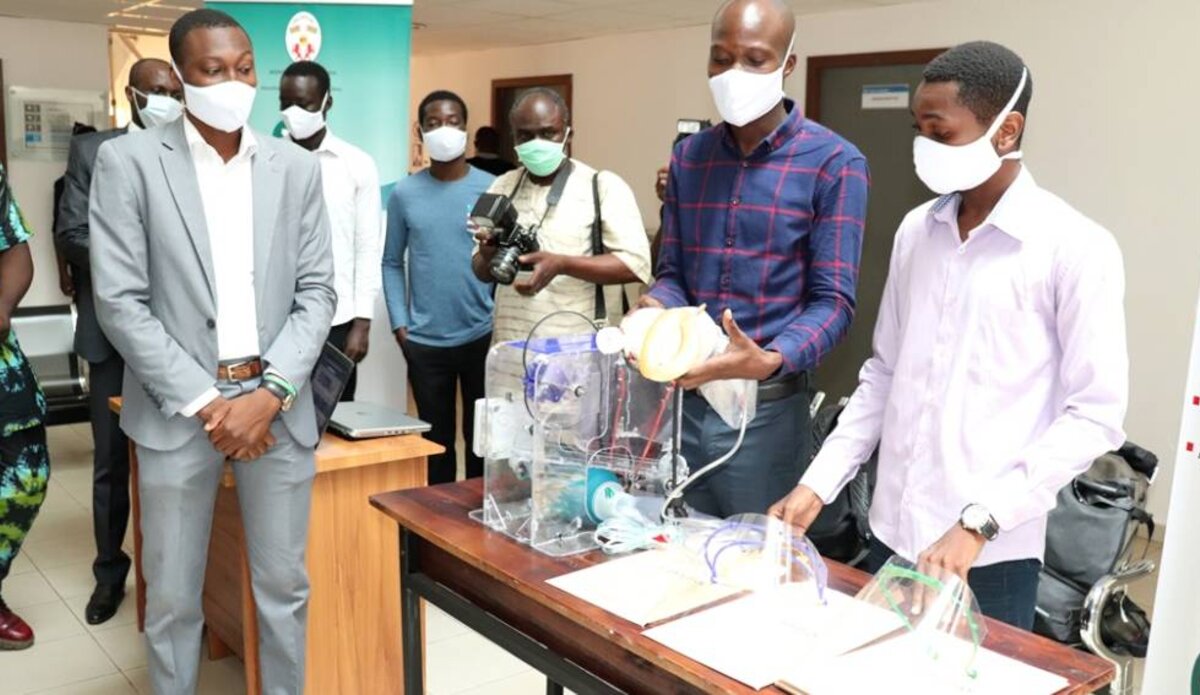Despite COVID-19, the implementation of Resolutions 2250 and 2419 relating to youth, peace and security is on track in West Africa and the Sahel
UNOWAS conducted, in September 2020, a survey among young women’s and men’s organizations in 17 countries of the subregion to measure the impact of the COVID-19 pandemic on young people, their activities and the implementation of resolutions 2250 (2015) and 2419 (2018).
The COVID-19 pandemic continues to threaten the populations and economies of countries. According to the results of the survey conducted by UNOWAS, the impact of COVID-19 on young women and men in West Africa and the Sahel is quite significant. Youth aged 18-29 and 30-39 are the most affected, accounting respectively for 22 percent and 28 percent of confirmed cases. While it must be recognized that they benefit from a low mortality rate (8 percent of cases of death), the fact remains that they are under strong pressure from the impact of the pandemic: loss of jobs with the closure of businesses, especially those in the informal sector, decline or total loss of income. Growing unemployment and heightened poverty are put together with the high cost of living. Idleness, stress and depression take place in the lives of many young people and lead to the exacerbation of violence which threatens social cohesion within communities.
Despite this upheaval, the involvement of young people, using several alternatives
Significant contribution of young people in the fighting against COVID-19
Despite this upheaval, the involvement of young people, using several alternatives, did not take long to come. Through their organizations and sometimes through individual citizen actions, they mobilized to contribute, in their respective countries, to limiting the spread of this pandemic and its impact on living and working conditions. Their contributions focus on capacity building activities on prevention and response as well as awareness-raising actions in communities through radio broadcasts and the publication on social media networks of communication and educational information materials. In Niger, for example, the National Youth Committee, with the support of the United Nations Children’s Fund (UNICEF), has made a digital information and training platform available to young people.
Young people also contribute to humanitarian actions with donations of medical equipment, hygienic and protective equipment sometimes made by themselves and food kits to vulnerable populations. They are also noticed for their ingenuity in the manufacture of protection and treatment devices against the virus. This is the case in Ghana and Togo with innovative hand washing devices associated with solar energy, in Senegal with the nursing robot and the automatic hydroalcoholic gel dispenser, and respirators, as in Togo.
Violence during the COVID-19 crisis has a negative impact on the implementation of Resolution 2250
However, although it should be noted that the partnership between youth organizations, governments and technical and financial partners has not suffered any damage, the implementation of Resolutions 2250 and 2419 has been shaken by the slowdown or the stopping of scheduled activities that cannot take place because of COVID-19 restrictions.
In addition, acts of violence reported in some countries such as Sierra Leone, Guinea, with the death of 12 young people, and Niger following certain restrictive measures, have a negative impact on the implementation of Resolution 2250 (2015).
Nevertheless, activities carried out by young people are likely to allow harmony in favor of stability within communities. Also, faced with flaws in the acceptance and implementation of certain barrier measures and the failure to control the annoyances causing uprisings and violence, young people have been there to help ease tensions. This can be illustrated by nocturnal sensitizations and the appeal of young people to restraint in Niger.
It is important not to lose sight of the economic and social imbalance which fears more aggravating crisis situations among young women and men, and to remain mobilized to support them during and after the health crisis, in order to allow them to fully contribute to peace and development.
This article is published in the UNOWAS Magazine N12 -> Download here
 UN
UN


